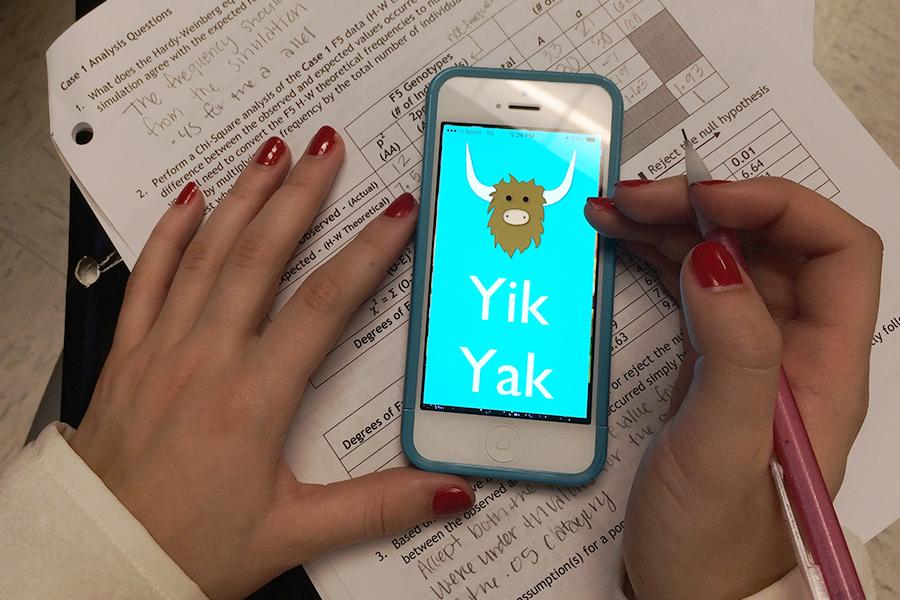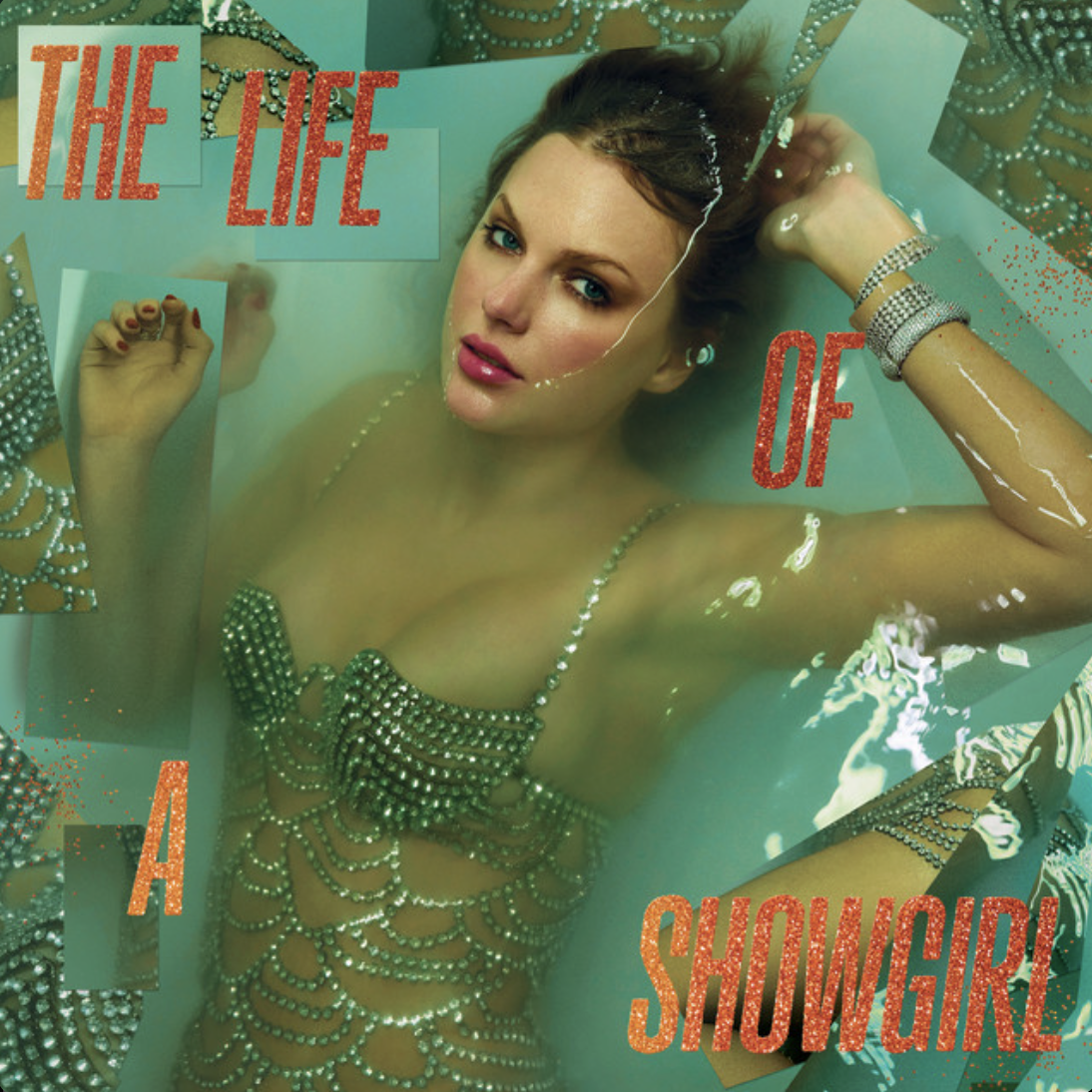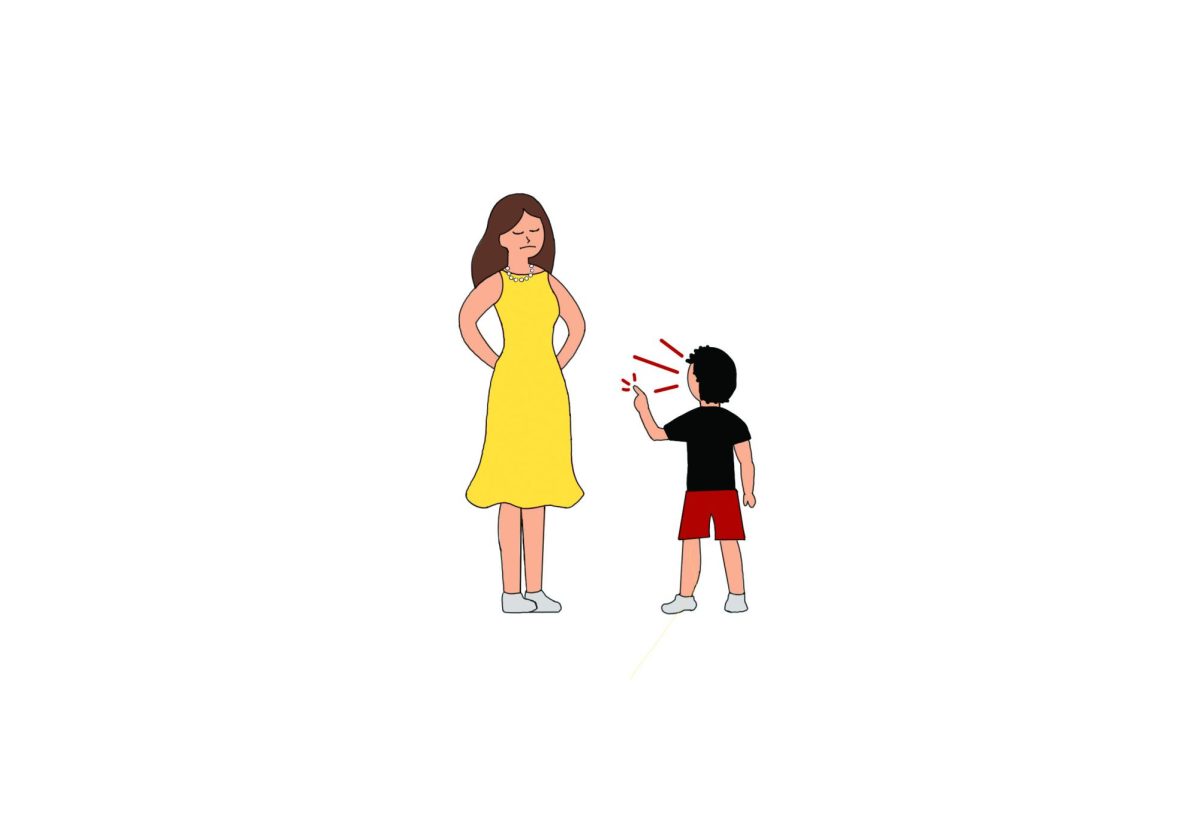Cyberbullying increases with new app
Yik Yak, a trending, anonymous social media app, has been labeled by some as the “Burn Book” of BVNW.
February 19, 2014
Yik Yak, an anonymous social media app similar to Twitter, has quickly become popular at BVNW over the past few days. The app allows students to send an anonymous message to the nearest 500 people who have access to the app. According to principal Amy Murphy, Yik Yak has created a disruption to the community due to its inclination to spread hate. Furthermore, Murphy said she was disgusted by the things see has read on the app and is disappointed by the students’ misuse of it.
“We call ourselves a family, and then we turn around and say that kind of stuff about each other,” Murphy said. “Right now, we’ve got students who have been in tears by the things people have said about them. We had some people today who didn’t want to come to school because they didn’t want to be around people who would say those kinds of things.”
Murphy said there is nothing the school can do to totally remove the app, but it is working with District Office to block Yik Yak from the school’s Wi-Fi. In addition, Murphy has sent an email to the app’s company informing them about the issues it has elicited at school. Another ramification of this app is that teachers will start to strongly enforce the school’s cellphone policy.
“We’ve asked teachers to monitor to make sure kids don’t have their phones out and that they’re not on this app during class,” Murphy said. “If kids are so worried and interested in what’s being posted on there, can they really focus on what’s happening in class? That’s taking away from learning.”
Technology integration specialist Craig Odle advises students to be cautious of what types of things they are posting on anonymous social media. Even if the post is anonymous, it can still be tracked with an IP address and a police search warrant.
“Over the years, we have seen a wave of anonymous type ways to post,” Odle said. “When someone sees themselves saying something anonymously, they tend to say anything and it can be pretty outrageous. Sometimes it can be something they think is funny, or if they are angry at someone, they can say something pretty mean. These apps usually go about as fast as they come. They usually stick around for a year or so, and then they’re gone.”
According to junior Katie Thill, any app that allows people to say things behind an anonymous window is a bad idea because it gives people the opportunity to say things that they would not usually say to other people in person. This has the potential to lead to cyberbullying.
“I have seen a lot of people trying to be funny on the app, but they’re not because it’s immature and just rude,” Thill said. “I see a lot of people ganging up on random people and also talking about the administration. I had the app for a solid hour, but then I realized how stupid it was and deleted it because there was no point.”
Moreover, Thill said that people who use the app need to think about what they are posting because it is negatively affecting BVNW’s reputation. In her eyes, Yik Yak has parallels with the notorious Burn Book from the 2004 film, Mean Girls.
Both Murphy and Odle are concerned for the well-being of students and advise students to not use the app at all. Murphy even mentioned that the majority of students who are using that app are not following its 17+ age restriction and anti-bullying policies. She believes the company is not enforcing its rules.
“We just had an assembly where we talked about what a family we are,” Murphy said. “We talked about how a family supports each other and builds each other up, and then we turn around and hide behind some anonymous social media app where we just beat each other up with words. Stop following it; stop looking at it; stop posting on it. If you can’t use it for good, stop using it.”






